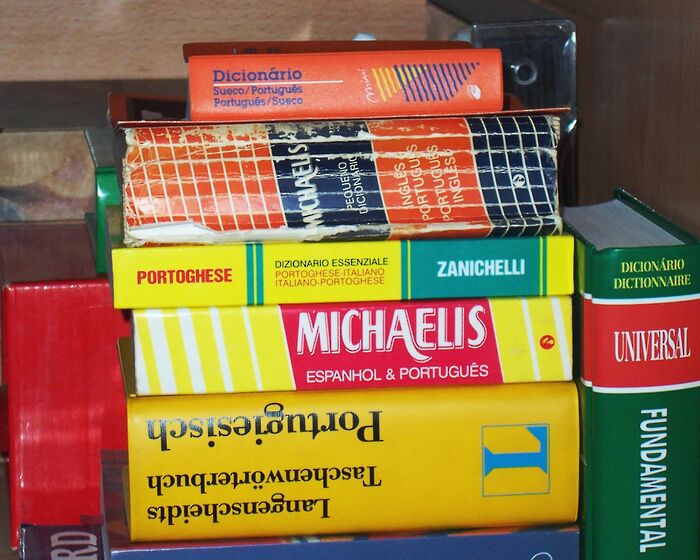What Does Identifying as Afro-Latina Really Mean?Posted in Anthropology, Articles, Caribbean/Latin America, Census/Demographics, Latino Studies, Media Archive, United States on 2017-05-05 18:56Z by Steven |
What Does Identifying as Afro-Latina Really Mean?
Hip Latina
2017-05-04
Johanna Ferreira
Brooklyn, New York
 Pic of author. Photo Credit: Karina Munoz |
Racial identity for a lot of U.S. born Latinos, is a very complex, multi-dimensional, and multi-faceted thing. As a Dominican-American woman born and raised in Queens, New York, I can attest to that. All I have to do is take a good look in the mirror to know that aside from being a Latina, I am also mixed race. I see it in my tan complexion, my light hazel eyes, my dark curly hair (that’s neither tight nor loose), my plump lips, my small nose, and my bottom-heavy figure I inherited from my Dominican mother. I am a beautiful blend of European and African ancestry and yet there still seems to be so much confusion around me identifying as Afro-Latina. Why is that?
The term Afro-Latino is a term some Latinos use as a way to identify their racial background but it’s one that still triggers a lot of confusion, pain, and shame for many. This is due in large to the complex and varied nature of racial identity in the Latino community.
According to a 2016 Pew Research study, one quarter of all U.S. Latinos self-identify as Afro-Latino, Afro-Caribbean or of African descent with roots in Latin America. Mind you, this is only taking into consideration the amount of Afro-Latinos who actually identify that way. The study shows that a lot of Afro-Latinos in the states don’t identify as Afro-Latino.
So much of our Latin American culture and history involves strong African influence. We see it in our varied skin tones, facial features, and hair textures and we experience it in our food and music. According to Pew Research, in Brazil, half of the population is of African descent (Black or mixed-race Black). In Cuba, Blacks and mixed-race Blacks make up more than a third of the country’s population. And according to the Central Intelligence Agency, 11 percent of the population in the Dominican Republic is Black while 73 percent of the population is mixed-race Black. That’s huge!
So why are there still so many Latinos out there hesitant to call themselves Afro-Latinos? Well for starters, not everyone understands the actual definition of Afro-Latino…
Read the entire article here.






